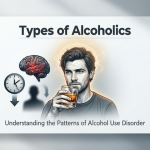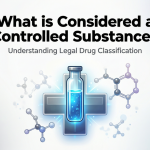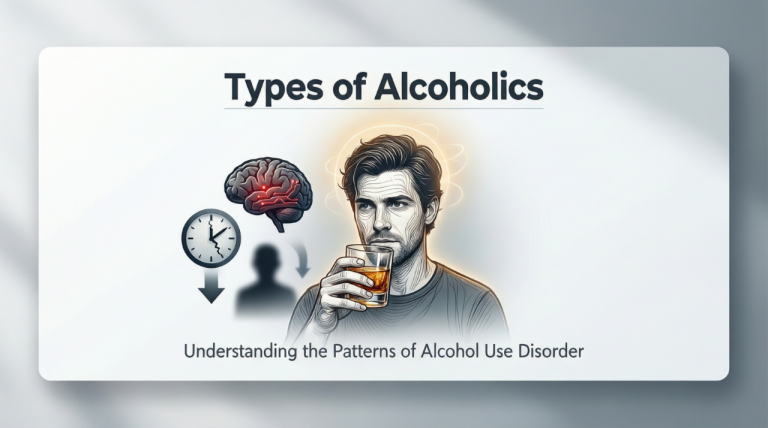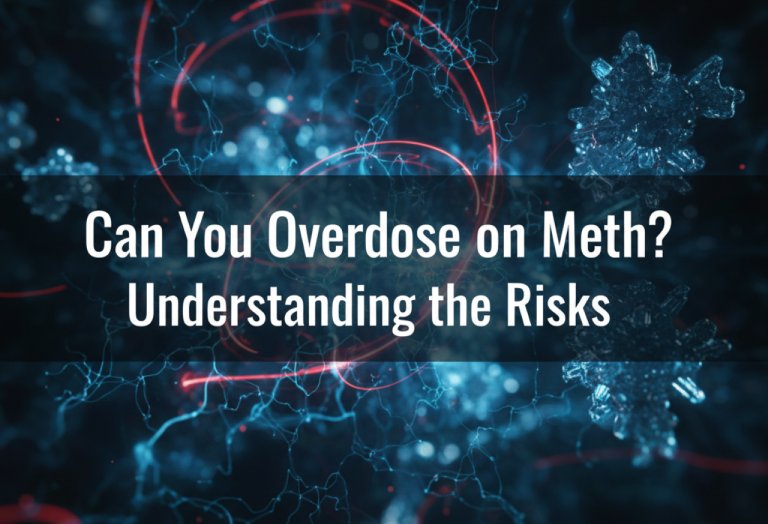Depression is a common and chronic mental health illness that is characterized by low mood and diminished interest or pleasure in activities. It can present itself as a constant state of depressed mood, lack of interest in previously enjoyable activities, and many other signs and symptoms of the emotional and physical kind. Routines in everyday life may seem very tiresome and even the most ordinary tasks might seem like a chore. Therefore, self-care becomes a crucial part of the lives of those who suffer from depression. When people decide to take care of themselves in terms of their mental health, they have a better chance of preventing depression and bettering the quality of their lives and their ability to cope with the various issues that come with it.
Understanding Depression
Depression is not the usual blue mood; it is a medical illness that affects the normal functioning of an individual. Symptoms can vary widely but often include:
- Depression or a general feeling of hopelessness or emptiness that doesn’t go away
- Feeling sad or depressed.
- Changes in appetite or weight
- Inability to sleep or sleep for long.
- Fatigue or low-energy
- Memory problems, ability to focus, or lack of focus.
- Feelings of worthlessness or excessive guilt.
- Thoughts of death or suicide
It is important to know these symptoms to control depression. Self-care strategies can be used as an additional means of reducing the symptoms and improving the quality of life. But, this should not be misunderstood to mean that self-care can replace the services of a professional.
Depression Treatment Program
If you or a loved is experiencing any of these symptoms, consider exploring the depression treatment program offered at Orlando Treatment Solutions. At our facility, we ensure that we offer our clients the best services that they need to help them recover.

Daily Self-Care Strategies
A. Establish a Routine
A process that has been proven to work wonders in the prevention of depression is the development of a daily schedule. Structure and routine are important aspects that are usually missing during depressive episodes and that is where a routine comes in. Here are some tips for creating a manageable routine:
- Start Small: First, it is worthwhile to set simple tasks that you have to accomplish in the day. This could be such as making the bed, bathing or even cooking a meal. These little accomplishments should be recognized since they can improve your mood.
- Prioritize Activities: Determine the main activities that are a must to do on a given day. Concentrate on what is important and start to include more things as you become less stressed.
- Incorporate Leisure: Free up some hours to do things you love to do, like reading, watching a movie, or doing some other tasks you love doing. Discovering the pleasure in ordinary tasks goes a long way toward combating the downward pull of depression.
- Stay Flexible: It is, however, important to allow for some freedom as well. Be okay with changing your schedule as you wish, particularly when you are not in your best shape.
Having a schedule is useful to regain some structure for life, which can be very comforting in the case of depression.
B. Physical Activity
Physical activity is widely promoted as a solution to depression. Regular physical activity stimulates the production of mood-elevating chemicals in the brain known as endorphins which are useful in enhancing mental health. Here are some strategies for incorporating exercise into your daily routine:
- Choose Enjoyable Activities: Stay committed to finding exercises that you can do, and enjoy doing, to get active. Thus, anyone can easily follow the schedule if the activities include dancing, hiking, swimming, or practicing yoga, for instance.
- Start Gradually: If you’re just getting into exercising, then you should begin with short intervals of training. Ideally, you should only do 10 to 15 minutes of activities at a go and then work your way up as you gain strength.
- Make It Social: It will be more fun if you exercise with someone like a friend or a family member. This can include an element of competition, which can be fun and can also encourage people to remain active.
- Set Realistic Goals: Try to get at least 150 minutes of moderate aerobic activity each week, according to the guidelines from health experts. But, still, listen to your body, and do not aim at the goals that you think are unreachable.
The thing is, adding more activity to one’s day not only makes one feel happier but also helps with the physical aspect of health, which is a more comprehensive way to approach the problem.
C. Nutrition
Nutrition plays a very vital role in the functioning of the mind and is therefore linked to mental health. It has also been established that proper nutrition can assist with maintaining optimum moods and energy while a poor diet would only worsen the symptoms of depression. Here are some nutritional strategies to consider:
- Eat a Balanced Diet: Ensure that you take fruits, vegetables, whole grain products, lean protein, and healthy fats in your diet. Every food group contains specific nutrients that are beneficial for the brain.
- Avoid Processed Foods: Avoid taking many processed foods and sweet items which may cause changes in energy and mood swings.
- Stay Hydrated: Hydration affects behavior and performance which can be through dehydration. Make sure to at least drink a lot of water to keep the body hydrated during the day.
- Consider Omega-3 Fatty Acids: According to some studies, omega-3 fatty acids that are available in salmon, walnuts, and flaxseeds may improve mood.
- Mindful Eating: Try to eat mindfully and be conscious of what you eat and how you eat it. This can help you become more in touch with food and thus make the whole eating process more satisfying.
The way you take care of your body also affects your mind in a very profound manner, including your nutritional status. If you require any further assistance, it is recommended that you seek advice from a dietitian.
D. Mindfulness and Relaxation Techniques
It is, therefore, important to engage in mindful relaxation to help in the management of stress and anxiety that come with depression. Some of these can assist you in coming back to the present and decrease feelings of anxiety. Here are some techniques to consider:
- Meditation: Take some time each day to do meditation. Begin with a short time and then work up the amount of time. It is recommended to use guided meditation apps, to begin with, and there are many of them.
- Deep Breathing Exercises: Close your eyes for a few seconds and take some time to just breathe. Take a deep breath via the nostrils, hold it for some seconds, then release it through the lips. This can be quite helpful in helping one to relax and hence reduce anxiety.
- Progressive Muscle Relaxation: This technique involves contraction and relaxation of muscles of the body one at a time. It can also assist in the let off of some of the physical pressure that can be related to psychological stress.
- Gratitude Journaling: Some tips include, taking a gratitude journal where you jot down things you are grateful for. This practice can help you change your perspective and stop thinking negatively.
It is possible to practice mindfulness and relaxation exercises daily and thus reach a state of mental well-being.
E. Social Connections
It is essential in life to develop appropriate interpersonal relationships as well as work towards creating strong bonds. When suffering from depression it may be easy to become a hermit but it is important to engage with others. Here’s how to foster meaningful connections:
- Reach Out: Please do not be afraid to call your friends and as well as your family members even if it may be a bit difficult for you. A word of text or a call can make you feel less lonely.
- Join Support Groups: You should try to find a support group for people with depressive disorders. Informed people, especially those who have gone through similar situations, can help make you feel better.
- Volunteer: It can make you happy, and it gives you something to do. Search out volunteering opportunities that are in your community of interest.
- Schedule Social Activities: Try to plan social activities regularly, it may be meeting a friend for coffee or joining a group with a common interest.
Creating a Supportive Environment
The environment in which you live is of ultimate importance in the state of your mental health. Organizing a positive environment can assist in developing a positive attitude. Here are some strategies:
- Declutter: Take time and free your home from clutter. Having a clean environment around you makes you feel like you have accomplished something and it can also make you less stressed.
- Add Personal Touches: Fill your space with things that you love, this can be family photos, paintings, or even potted plants. It is possible to make your area more comfortable and inspiring by adding some of your little ideas.
- Create Relaxation Zones: Choose specific rooms or corners of your house where you can relax, pamper yourself, read a book, or meditate. Ensure that these areas are as comfortable as they could be and welcoming.
- Limit Negative Influences: Limit one’s exposure to negativity which can include clutter, negative people, or even too much news. Cleaning up your surroundings can help to lift your mood.

Seeking Professional Help
Although self-care is helpful, it is crucial not to forget that such practices should always be an addition to professional help when required. It could be time to speak to a professional, whether it is a therapist or counselor. if you are struggling with depression, we are here to help. Contact us at (321) 415-3213 today to know how we can help you in your journey towards healing.



























